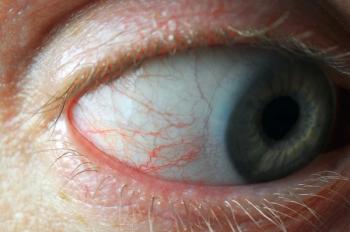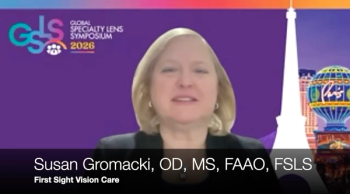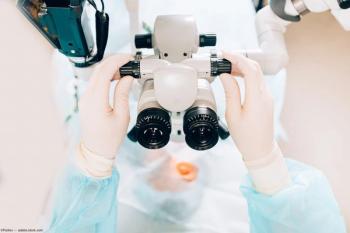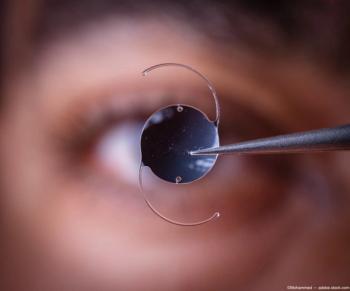
More falls for cataract surgery patients with delayed surgery
The best outcomes for cataract surgery occur when surgery is performed soon after vision problems develop.
Research shows that postponing cataract surgery for standard preoperative testing can increase the risk of falls in older people.
Measures
A retrospective, observational, cohort studying more than 248,000 Medicare beneficiaries from 2006-2014 Medicare claims measured the number of days between biometry and cataract surgery. Investigators also calculated the proportion of patients’ wait time for surgery and determined the odds of sustaining a fall within 90 days of biometry among patients of high-testing physicians compared with patients of low-testing physicians.1
"We've known for a while that routine preoperative testing before cataract surgery doesn't improve outcomes,” says Catherine Chen, study author and PhD student, in a statement. “However, the finding that there can be actual harm from delaying surgery for the sake of undergoing these unnecessary laboratory or cardiac tests is a game-changer.”
The main outcomes measured were incidence of falls occurring between biometry and surgery, odds of falling within 90 days of biometry, and estimated delay associated with physician testing behavior.
Results
Of the 248,345 beneficiaries measured, 16.4%, or about 40,000 patients, saw high-testing physicians.2 High testing physicians carried out routine preoperative testing in 75% or more of their patients within 30 days before surgery. All other physicians were categorized as low-testing.
The delay related with having a high-testing physician was approximately 8 days. Patients of high-testing physicians falls increased by 43% within 90 days after ocular biometry and considerably more patients of high-testing (versus low-testing physicians) waited more than 30 days for the procedure (31% versus 25%). The adjusted odds ratio of falling was 1.1. Some 8% waited more than 90 days, compared to 5% of patients with low-testing doctors.
Conclusion
Study investigators concluded that overuse of routine preoperative medical testing by high-testing physicians is associated with delayed surgery and increased falls in cataract patients awaiting surgery.
"We are hoping that any patient who needs cataract surgery can get it done with minimal delay because we found that the risk of falling increases the longer a patient has to wait for cataract surgery once it has been recommended as the appropriate treatment by the ophthalmologist," Dr. Chen says.
References
1. Chen CL, McLeod SD, Lietman TM, Shen H, Boscardin WJ, Chang HP, et al. Preoperative medical testing and falls in Medicare beneficiaries awaiting cataract surgery. Ophthalmology. 2021;128(2):208-215.
2. Douglas D. Preop tests that delay cataract surgery tied to falls in older people. Medscape. September 8, 2020. https://www.medscape.com/viewarticle/938087?nlid=137647_449&src=WNL_mdplsfeat_201006_mscpedit_opth&uac=371986PX&spon=36&impID=2606463&faf=1. Accessed February 8, 2021.
Newsletter
Want more insights like this? Subscribe to Optometry Times and get clinical pearls and practice tips delivered straight to your inbox.




























